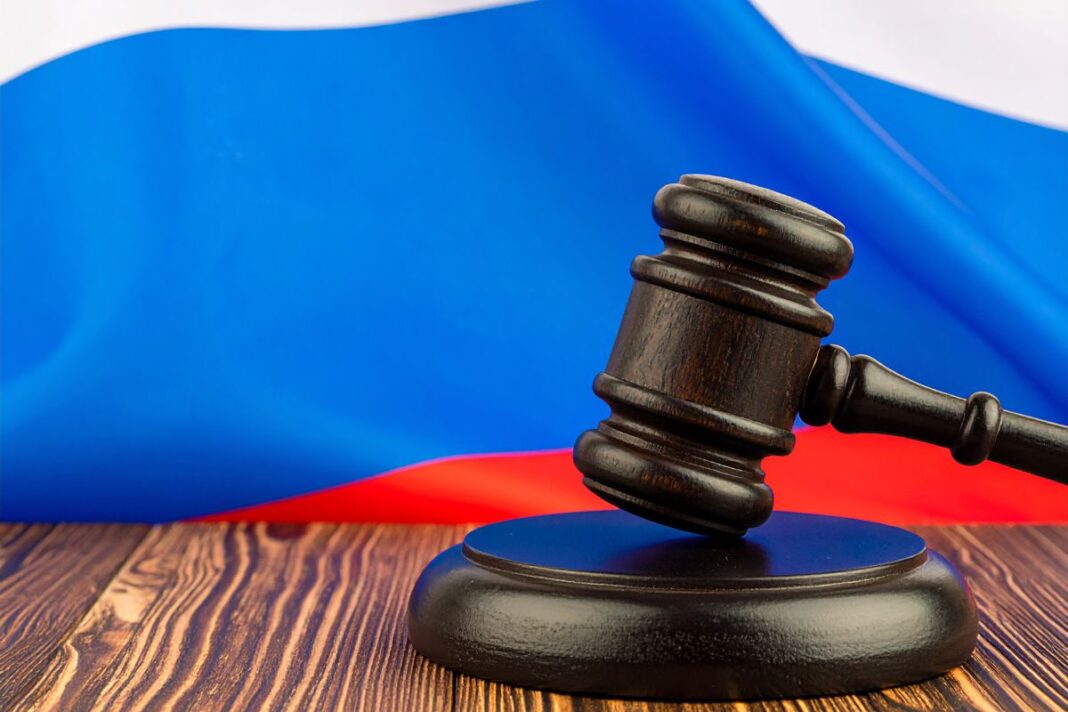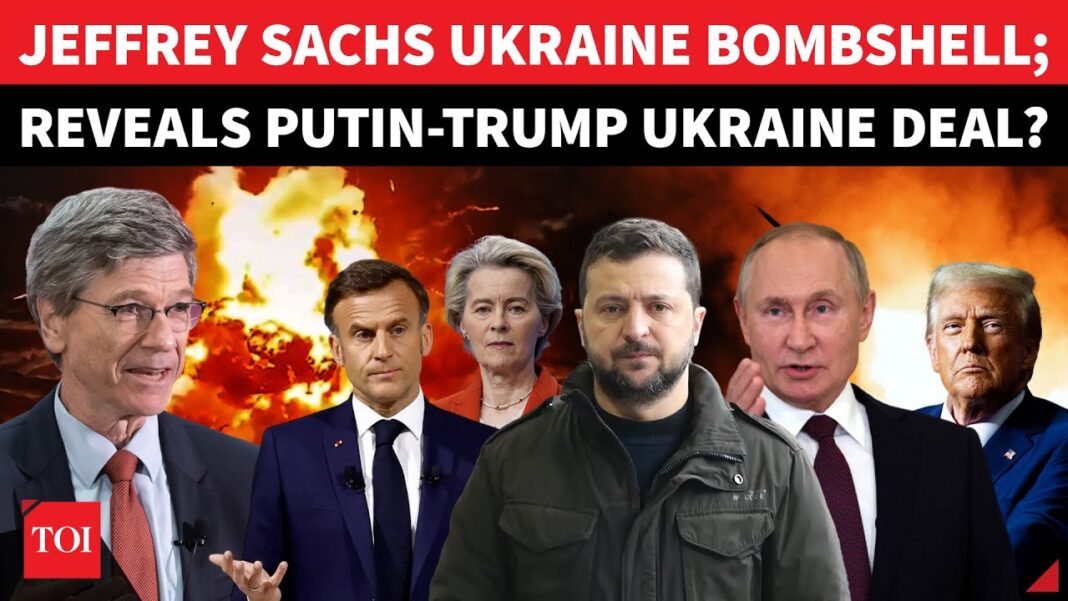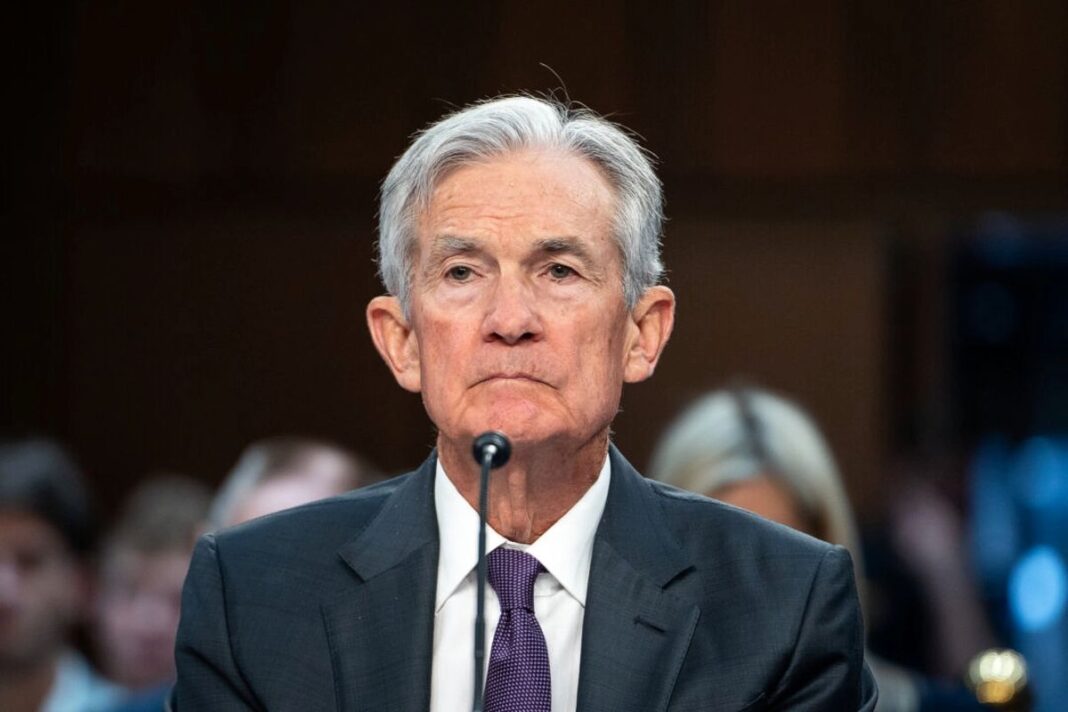The Constitutional Court would likely have to rule on this hypothetical scenario due to 2020’s constitutional amendment prohibiting the cession of Russian territory except in certain cases.
RT’s report on Steve Witkoff’s claim that Russia has made “some concessions” on territorial issues, which signal a “significant” shift towards “moderation”, prompted talk about whether Putin can legally stop the special operation without first controlling all the disputed territory that Moscow claims as its own. He himself demanded in June 2024 that the Ukrainian Armed Forces “must be withdrawn from the entire territory of these regions within their administrative borders at the time of their being part of Ukraine.”
Moreover, the agreements under which Donetsk, Lugansk, Zaporozhye, and Kherson joined Russia all describe their administrative boundaries as those that existed “on the day of [their] formation”, thus suggesting that the entirety of their regions are indeed legally considered by Russia to be its own. Putin also famously declared during the signing of those treaties in late September 2022 that “the people living [there] have become our citizens, forever” and that “Russia will not betray [their choice to join it]”.
Nevertheless, Putin could still hypothetically “moderate” this demand. Article 67.2.1 of the Russian Constitution, which entered into force after 2020’s constitutional referendum, stipulates that “Actions (except delimitation, demarcation, and re-demarcation of the state border of the Russian Federation with adjacent states) aimed at alienating part of the territory of the Russian Federation, as well as calls for such actions, are not permitted.” “Moderation” could thus hypothetically be an “exception”.
To be absolutely clear, no call is being made within this analysis for Russia to “cede” any territory that it considers to be its own, nor have any Russian officials lent any credence whatsoever to Witkoff’s claim. That said, if Putin concludes for whatever reason that Russia’s national interests are now best served by “moderating” its territorial claims after all that happened since September 2022’s referenda, then any proposed “re-demarcation of the state border” would likely require the Constitutional Court’s approval.
He’s a lawyer by training so it would make sense for him to proactively ask them to rule on the legality of this hypothetical solution to the Ukrainian Conflict. Even if he instead hypothetically proposes retaining his country’s territorial claims but freezing the military phase of the conflict and only advancing those claims through political means, he’d still likely seek their judgement too. They’re the final authority on constitutional issues and these scenarios require their expertise per their connection to Article 67.2.1.
If they hypothetically rule in his favor, the question would then arise about the fate of those living in the Ukrainian-controlled parts of those regions who Putin said “have become our citizens, forever.” They might rule that those who didn’t take part in the referenda, such as the residents of Zaporozhye city, aren’t Russian citizens. Those that did but then fell under Ukrainian control, such as the residents of Kherson city, might be deemed citizens who could move to Russia if Ukraine lets them as part of a deal.
To remind the reader, no Russian officials at the time of this analysis’ publication have lent any credence whatsoever to Witkoff’s claim that Russia made “some concessions” on territorial issues, so it remains solely a hypothetical scenario for now. Even so, Putin might hypothetically conclude that such “moderation” is the best way to advance Russia’s national interests in the current context (such as part of a grand compromise), in which case the Constitutional Court would likely have to rule on its legality.








